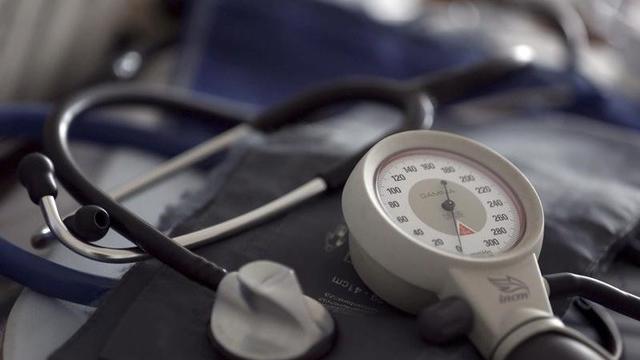Physician burnout is costing US $4.6 billion every year, study claims
Doctors are burning out at a faster rate than the average American worker, and it’s costing billions of dollars every year, a new study claims.
A study published in the Annals of Internal Medicine Monday showed physician burnout is costing the U.S. an estimated $4.6 billion on average every year due to factors such as turnover rate and productivity decrease, according to U.S. News & Report.
"Physician burnout is known to be associated with increased physician turnover and reduced productivity," said Joel Goh, an assistant professor at the National University of Singapore who was a co-author of the study. "But the costs in monetary terms are poorly understood."
Researchers analyzed the cost of turnover and placed an estimated price tag on advertising for the position and the hiring and training process. The estimated cost did not include other burnout-related factors, such as malpractice lawsuits or a decrease in patient care quality.
"We found that at an organizational level, the annual burnout-associated cost was estimated at approximately $7,600 per physician per year," Goh added. "At a national level, the estimated cost ranged from $3 billion to $6 billion a year."
Burnout was brought to the forefront of discussions this week after the World Health Organization (WHO) said it was redefining the term as a “syndrome.” The new definition states burnout is caused by “chronic workplace stress that has not been successfully managed.”
“[Burnout] is characterized by three dimensions: 1) feelings of energy depletion or exhaustion; 2) increased mental distance from one’s job, or feelings of negativism or cynicism related to one's job; and 3) reduced professional efficacy,” the WHO explained the term's definition.
Doctors have been suffering from the syndrome for years, according to the recent study. In 2014, researchers found that about 54 percent of physicians had at least one symptom of burnout — nearly twice the rate of average American workers. Factors such as long hours, fear of being sued and concerns about their reputation have contributed to the lack of doctors seeking mental health treatment, according to the American Foundation for Suicide Prevention.
Dr. Edward Ellison, who was also part of the study, said practicing medicine is harder than ever.
"Nearly everything a physician does in 2019 is monitored, rated, assessed and reported," Ellison wrote in an editorial for the study. "The electronic health record has many benefits but it can also be a burden, adding substantially to the time physicians spend in front of a computer screen while robbing them of what brings them joy: spending time with their patients."
Researchers said employers should consider addressing physician burnout and implement protocols to prevent and treat it.
"[It] is not only good managerial practice, but it can also make good business sense,” Goh added.
CLICK HERE TO GET THE FOX BUSINESS APP
"Beyond the anxiety, depression, insomnia, emotional and physical exhaustion, and loss of cognitive focus associated with physician burnout, an estimated 300 to 400 U.S. physicians take their own lives every year," Ellison also wrote in his editorial. "That number is higher than the suicide rate for the general public by 40 percent for men and an astonishing 130 percent for women."




















